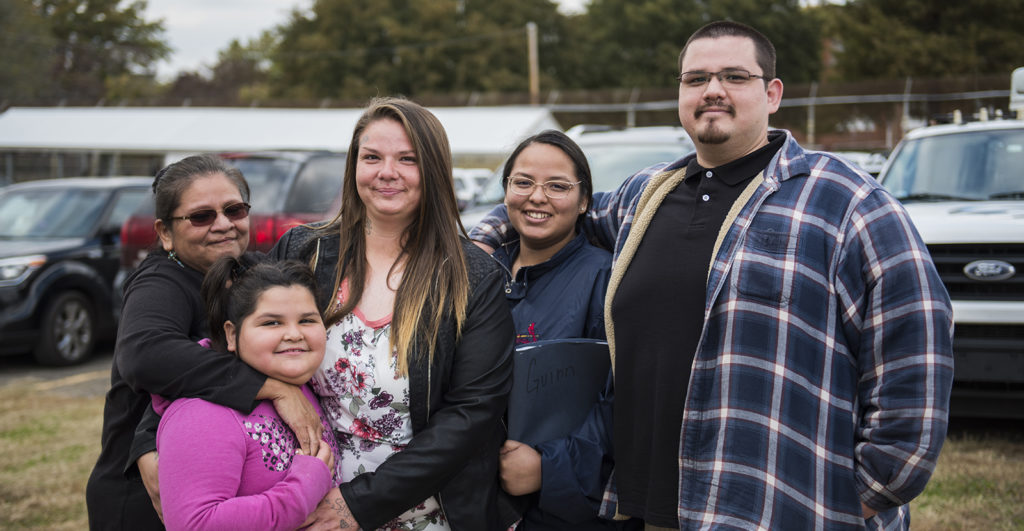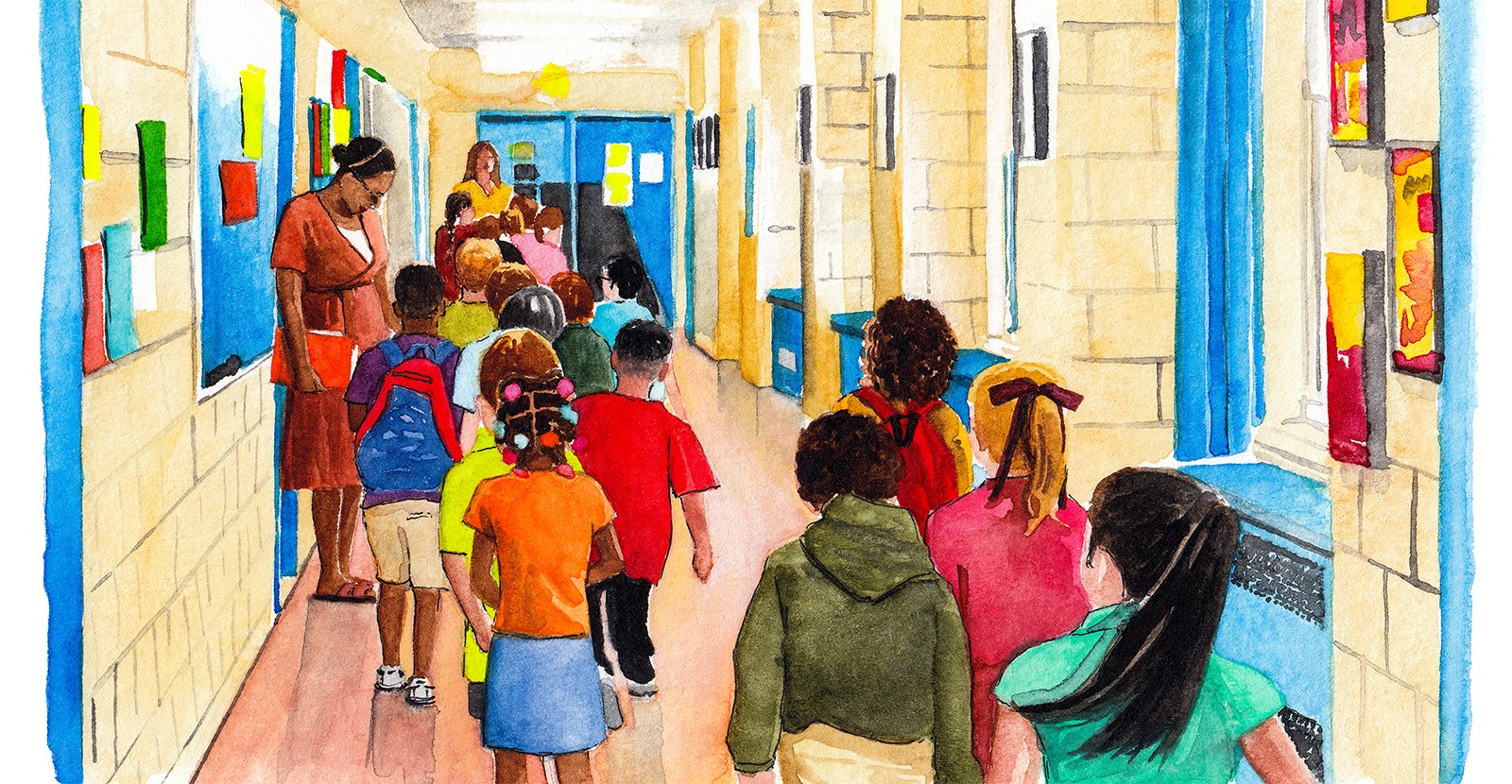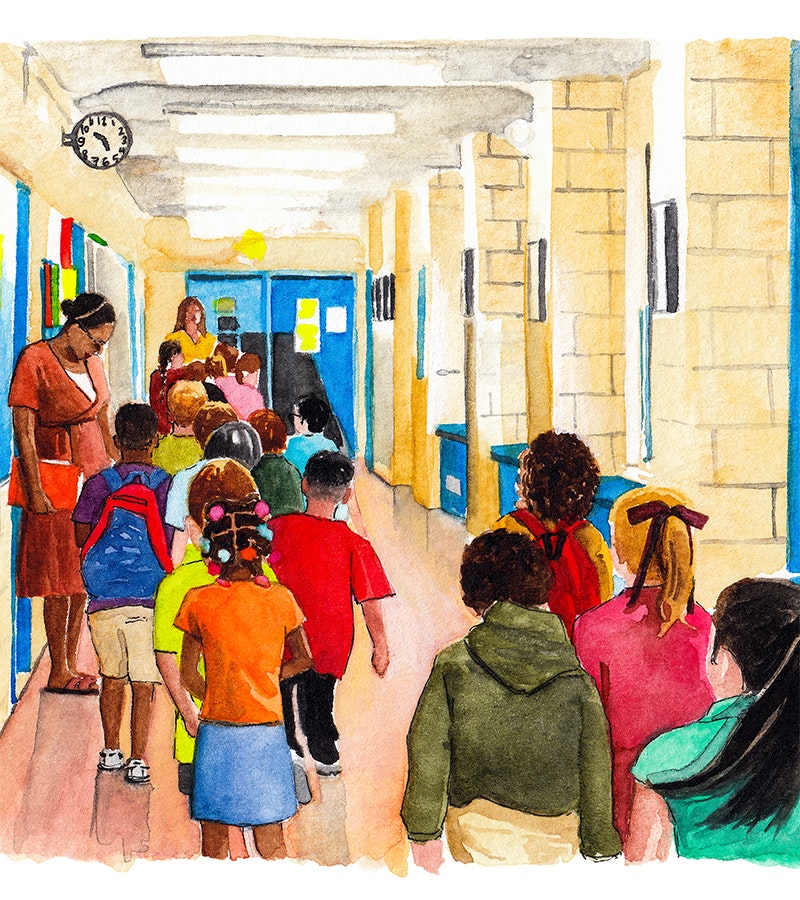New Poll Shows Oklahoma Voters Want Leaders Taking Bold Action on Criminal Justice



While children's safety must be protected, Oklahoma's highly punitive and overly broad child abuse and neglect statute often does the opposite. By criminalizing survivors of domestic violence and mothers living in poverty—sometimes with little to no evidence of actual wrongdoing—the statute deters reporting, separates families, isolates them from much-needed help, and places children at even greater risk of abuse and neglect.
Our new report shows how Oklahoma’s criminal justice reform story continues to be written. The improvements that have been made to the criminal justice system in the last five years show that progress is possible, but more work remains to strengthen Oklahoma’s economy, communities, and families.
More Work to Do
Oklahoma voters, Republican Governors Mary Fallin and Kevin Stitt, and state legislative leaders have taken the first steps, but more work remains. Even after five years of progress, Oklahoma has the third highest imprisonment rate overall and the second-highest women’s imprisonment rate. Oklahoma can continue to safely reduce Oklahoma’s incarceration rate and strengthen its economy, communities, and families.
Felony Records and Long Sentences Hurt the Economy
Oklahoma’s criminal justice system has constricted the state’s economic growth by removing people from the workforce, subjecting them to harsh sentences, and then imposing significant barriers to their return to work.
Incarceration Doesn’t Make Oklahoma Communities Safer
Oklahoma’s criminal justice system should be focused on keeping communities safe, but instead at every stage of the system, it fails to rehabilitate, protect survivors, or strengthen community ties.
Families Pay the Price
The impact of incarceration extends beyond the person locked behind bars. Oklahoma’s punitive approach to criminal justice and harsh reliance on incarceration is separating families and harming Oklahoma’s children.

According to a new poll out of Oklahoma, 73% of registered voters, including 64% of Republican voters believe it is important to reduce the number of people incarcerated. This poll demonstrates that voters in Oklahoma overwhelmingly want elected leaders to continue taking bold action to safely reduce the jail and prison populations. Download the full poll findings below and learn more about the impactful criminal justice reform policies an overwhelming majority of Oklahoma voters support.
According to a new poll out of Oklahoma, 73% of registered voters, including 64% of Republican voters believe it is important to reduce the number of people incarcerated. This poll demonstrates that voters in Oklahoma overwhelmingly want elected leaders to continue taking bold action to safely reduce the jail and prison populations. Download the full poll findings below and learn more about the impactful criminal justice reform policies an overwhelming majority of Oklahoma voters support.
This measure reclassifies drug possession as a misdemeanor crime — one that no longer comes with a prison sentence. 58 percent of Oklahomans vote to reduce penalties and reinvest savings out of prison and into community treatment.
SQ 780 reclassified simple drug possession and some low-level property offenses as misdemeanors that can no longer be punished with a prison sentence. SQ 781 required prison savings from SQ 780 to fund county-based mental health and substance use treatment. These important reforms were approved by a majority of Oklahoma voters to reduce penalties and reinvest the savings into community treatment.
FWD.us joins Oklahomans for Criminal Justice reform at the state capitol to call for the passage of reforms based on recommendations of the Oklahoma Justice Reform Task Force. FWD.us presents recently released data from the Oklahoma Department of Corrections. Among the findings, 77 percent of people admitted to prison in FY 2017 were sentenced for nonviolent crimes.
State legislators pass and Governor Fallin signs seven reform bills based on recommendations of the Oklahoma Justice Reform Task Force. The package of reforms brought sentences for low level drug and property crimes more in line with other states, streamlined the parole process for nonviolent offenses, and expanded opportunities for record expungement. Together, the bills will avert two-thirds of Oklahoma’s projected prison growth.
In May of 2018, FWD.us partners with OCJR to launch Project Commutation, a campaign to commute the sentences of 46 women and men serving decades-long sentences for drug possession and low-level drug offenses.
On November 1, 2019, the Oklahoma Pardon and Parole Board voted to recommend the commutation of sentences for hundreds of Oklahomans. This docket was promptly signed by Gov. Kevin Stitt, which resulted in the release of 462 Oklahomans (a total of 1,931 years commuted) to be reunited with their families and communities.
In response to the COVID-19 pandemic, and the increased risk of transmission among incarcerated individuals in prison facilities, Oklahoma halted admissions to its state- and privately-run prison facilities for the second half of March and for all of April and May 2020. For several months thereafter, admissions resumed at a decreased rate.
The Oklahoma Supreme Court rules about 250,000 signatures are sufficient to place SQ 805 on an upcoming ballot. The 10-day challenge period ends with no activity.
The Yes on 805 campaign is fueled by the tireless efforts of a diverse coalition of actors across the state — including faith and business leaders, directly-impacted people, community advocates, and other Oklahomans who are fighting to transform the state’s criminal justice system.
Oklahomans are fed up with being one of the country’s top incarcerators and the criminal justice reform movement in the state is larger, more diverse, and more committed than ever before. This session, a bipartisan coalition is pushing for sentencing reforms that will safely reduce the prison population and invest savings in domestic violence services and violence prevention programs.
After five years of progress, more Oklahomans are home with their families and contributing to their communities. Oklahoma reduced crime, the number of felony charges, the prison and jail populations, and the number of people in prison for nonviolent crimes all at the same time.
According to a new poll out of Oklahoma, 73% of registered voters, including 64% of Republican voters believe it is important to reduce the number of people incarcerated. This poll demonstrates that voters in Oklahoma overwhelmingly want elected leaders to continue taking bold action to safely reduce the jail and prison populations.
We need your help to move America forward. Learn what you can do.